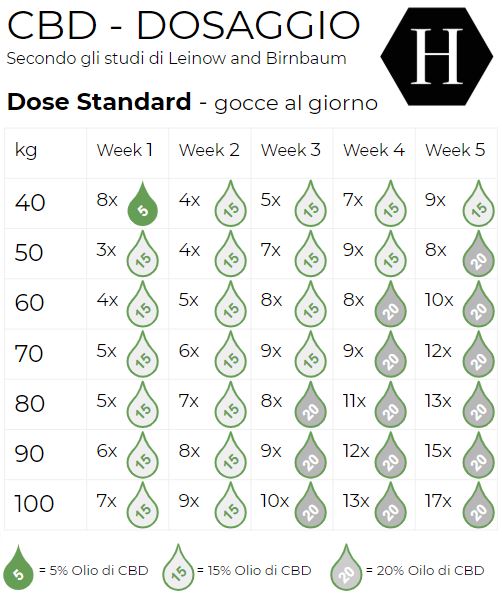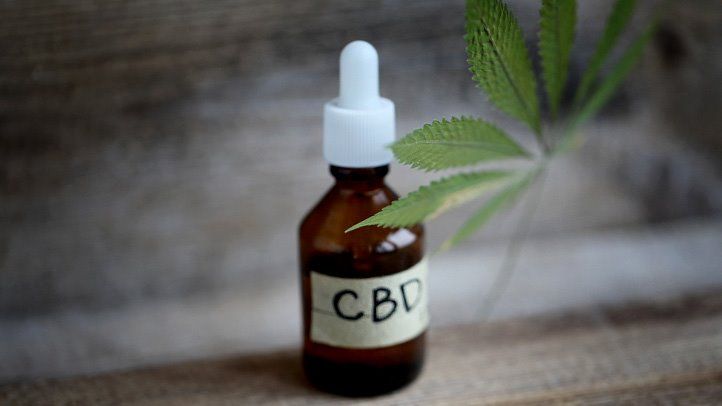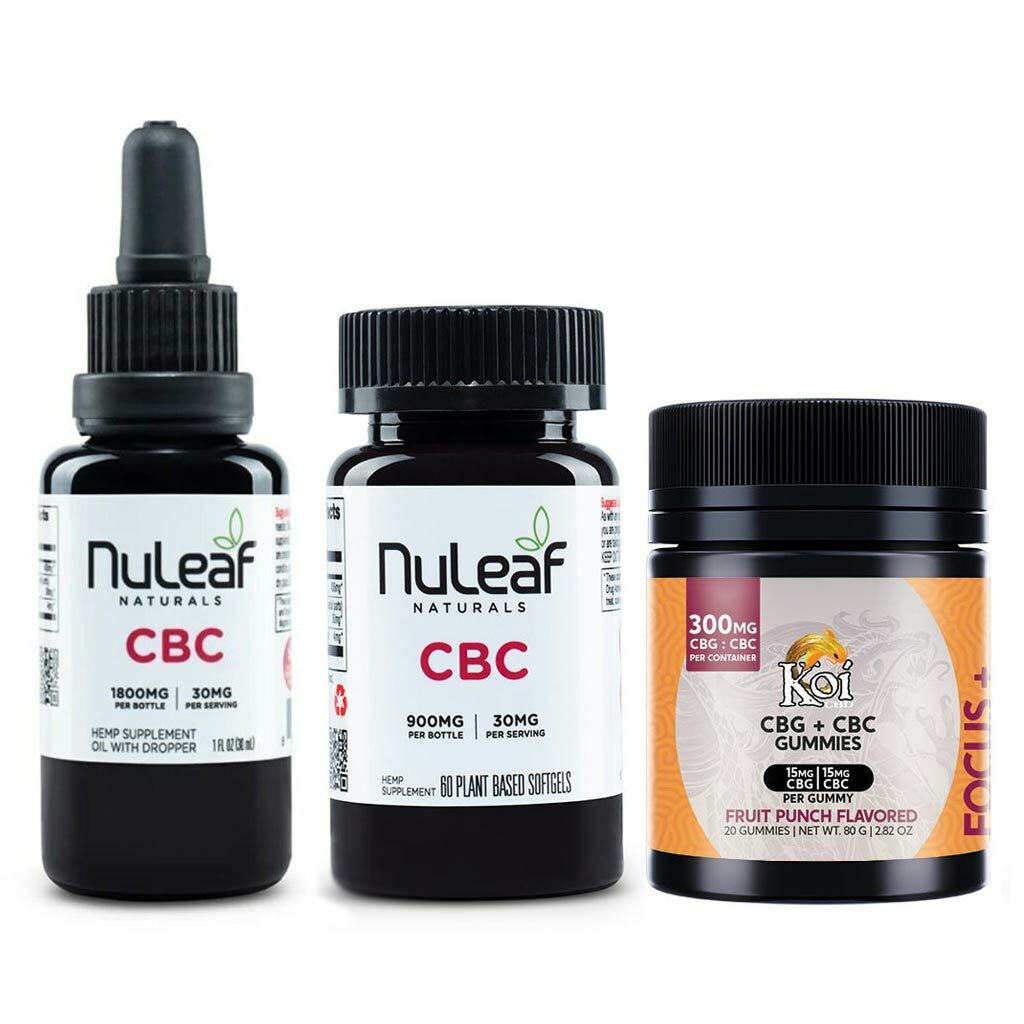
CBD products that are marketed for humans are not recommended, especially if they are intended for animals with food production. The FDA is considering whether to enforce the federal food and drug laws. There are many questions to ask, including whether a company is violating FDA labeling regulations. This article discusses the current status of this issue.
Violations of FD&C Act
Five companies were recently notified by FDA of a violation of the FD&C Act for using CBD in products. CBD is a nonpsychotropic chemical that can be found in Cannabis sativa plants. According to the FDA, the companies were marketing illegally their CBD products as medical treatment.
Numerous companies that market CBD products were shut down after the FDA issued a warning. These companies claimed that CBD products could be used to treat, prevent, or mitigate severe diseases. These products were also being marketed to consumers as dietary supplement, which is a violation the FD&C Act.

The FD&C Act restricts the introduction and sale of CBD products OTC. It does not forbid their use as a food ingredient. CBD products cannot be sold without approval of a new drug application.
Concerns regarding the marketing of CBD products to food-producing animals
FDA has expressed concerns regarding CBD products being used for food-producing livestock. There are concerns about the possibility of unsafe residues in animal flesh. Additionally, FDA does not have information on the safe use of CBD products in food production animals and their interaction with other FDA approved drugs.
The FDA issued warning letters to several CBD businesses, including Apex Hemp Oil, as a result. The FDA demanded that the companies respond within fifteen days or they risk legal action. Additionally, the FDA encourages reporting adverse reactions to MedWatch.
FDA continues to send warnings to CBD-product sellers. This year, 14 warning letters were sent by the FDA. This is a warning that companies are selling unapproved animal drugs.

CBD products may be subject to the FD&C Act.
FDA is pursuing enforcement actions against CBD products. Companies that sell CBD-infused dietary supplements have received warning letters from the FDA. CBD is a controlled chemical that has been subjected a lot of clinical research but has not yet been approved as a medication. According to FDA, CBD's use as a food ingredient undermines the drug approval process. This reduces commercial incentives and increases the cost of clinical trials. Additionally, it raises safety concerns for consumers.
The FDA began investigating companies that sell CBD products in the last two years. Some companies selling CBD products have already been issued warning letters by the FDA. They were not licensed or approved to market them. The CBD products at issue were designed to alleviate, treat or reduce serious illnesses, but they were not approved as new medicines. This places patients at high risk for side effects, and can make it dangerous to public safety.
FAQ
Can CBD be a part of the future?
The answer is yes. However, it is not because of its medical benefits. Its ability to make people feel better without feeling high is what makes it so attractive.
It is a great alternative to prescription drugs because it doesn't make your feel different.
And as we know from studies, there is a lot of evidence showing that cannabis helps with pain relief, anxiety, depression, insomnia, and many other conditions.
Cannabinoids found in cannabis also interact with the receptors in our brains. This interaction leads to feelings of relaxation.
You should understand the effects of CBD oil on your body and health if you are considering using it.
Is CBD investing a smart investment?
This question will depend on your goals. They are great investments if you are looking to make money. However, if you are just looking to help others, I would say no. There are many other options available without spending $20k.
How big is global CBD market size?
Euromonitor International reported that the global CBD market was valued in 2015 at $US3.5 billion. This is a more than 10% increase over 2014.
This report predicts that the figure will rise to $US6.4 trillion by 2020, which is an average annual growth rate at 12%.
CBD products are predicted to account for half of all the hemp-derived products globally by 2020.
This includes CBD oils, as well other CBD products, including food, beverages cosmetics, pet care, and CBD oils.
Which countries produce the highest quality CBD products?
The United States is home to the greatest number of CBD products.
But Canada, Australia, New Zealand, and Israel are also producing high-quality CBD products.
How can CBD products successfully be marketed by companies in compliance with regulations?
The FDA does not regulate hemp as an agricultural commodity. However, the agency regulates all other cannabis derivatives (e.g., marijuana) under the Controlled Substances Act. CBD is not covered by any regulations.
CBD is legal at the state level in 29 states, but federal law still considers it illegal. Businesses looking to sell CBD products are left in uncertainty.
The FDA has strict guidelines regarding how CBD products can be promoted. The FDA requires that all CBD products clearly disclose their THC content. Without scientific evidence supporting this claim, CBD cannot be used to treat certain medical conditions.
The FDA also requires manufacturers to provide detailed information about their manufacturing processes and quality control measures. Companies are also required to participate in clinical trials in order to demonstrate safety and efficacy.
These factors should be considered by companies when they develop their marketing strategies.
Statistics
- The inhibition of FAAH is predicted to lead to an increase in brain and plasma concentrations of AEA, which acts as a partial agonist at CB1R and CB2R, thereby increasing endocannabinoid tone [92, 110]. (ncbi.nlm.nih.gov)
- As a substance that was federally illegal before the passage of the 2018 Farm Bill, hemp-derived cannabinoids with no more than 0.3% THC still face a regulatory grey area. (forbes.com)
- HR −16 mmHg; 95% CI −26, −6; I2 = 92%) (ncbi.nlm.nih.gov)
- CBD seems unlikely to directly influence sleep in healthy humans [115] (and maybe “sleep-promoting” in those with certain comorbid conditions) (ncbi.nlm.nih.gov)
- While the primary injury may not be treatable, interventions that attenuate secondary sequelae are likely to be of benefit [203].Only one study (ncbi.nlm.nih.gov)
External Links
How To
What are the most common problems in the CBD industry?
The current market for CBD-based products is expanding at a phenomenal rate. However, there are still many challenges facing businesses looking to enter this space. There are many challenges facing businesses looking to enter this space, including low consumer awareness, high costs of entry and limited access to capital.
Many people don't know much about CBD or how it works. This makes it difficult for consumers to make informed decisions on whether or not they want CBD products.
CBD companies heavily rely on word-of-mouth advertising. This is expensive as they must pay advertising costs and to hire staff to market their brand.
High production costs are another problem facing new entrants in the CBD industry. The raw materials needed to create CBD products are quite expensive. CBD oil can only then be produced if the hemp has been grown in a specific environment.
Grow enough hemp to produce CBD oil requires approximately $1,000 per annum. This means that many small farmers cannot afford the cost of starting.
Another challenge new entrants face in the CBD market is the lack of access to capital. Due to the stigma surrounding the industry, banks discourage many people who wish to start businesses.
Last but not least, there is regulatory uncertainty regarding the sale and distribution of CBD products. There are currently no clear guidelines regarding how CBD products should be marketed.
Despite some states having passed laws restricting the sale CBD products, this is not yet a national policy.
Only Nevada, Maine, and Nevada have legalized recreational pot.
Massachusetts and Michigan have considered similar measures.
These changes could result in increased competition between CBD manufacturer.
These factors have led many entrepreneurs to choose to work remotely rather than starting a physical business.